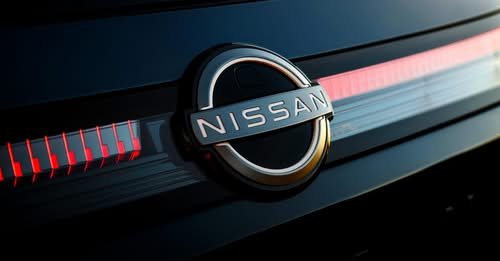Nissan is concerned about the future of sub-$30,000 vehicles that are built overseas and imported to the US
- Nissan’s US plant built just 314,500 vehicles last year despite having 640,000 capacity.
- Rising tariffs may eliminate low-cost imports, pressuring Nissan to boost local output.
- Shifting Versa production to the US may fail without crucial Mexican-sourced components.
As trade tensions ripple through the auto industry, Nissan is doubling down on US vehicle production to offset the impact of the tariffs. But while the company is adapting quickly, it remains concerned that rising costs could push new car prices higher and threaten the survival of some affordable market segments. According to Nissan Americas chairman Christian Meunier, those lower-priced models that many buyers rely on could vanish entirely.
The Japanese automaker has been struggling in the States and is under pressure to boost domestic output as part of a broader turnaround strategy. Meunier says the tariffs have effectively fast-tracked Nissan’s plans to increase local investment. That includes expanding operations at its large facility in Smyrna, Tennessee, which is now a key piece of its US production puzzle.
Read: Nissan Slashes US-Bound Rogue Production In Japan As Tariffs Bite
The Smyrna plant can produce 640,000 vehicles annually across three shifts. However, in 2024, it was running only two shifts and built just over 314,500 vehicles.
“We have big facilities, big capacities, and today we don’t have max capacity. We still have more room to improve our capacity,” Meunier told CNBC during an interview. “We’re looking into selling more of the U.S. products, and adjusting, along the way, vehicles that are coming from Mexico and from Japan.”
Meunier added that his ultimate goal is to “get the plant full and make a lot of money again.” He did not provide any indication as to when Nissan may be able to increase production at the plant. However, he did say there are plans to build at least one new model at the plant, with a second perhaps being added at a later date. Nissan could also add hybrid production to the site.
Expanding US Output
Big Production Plans
“The good thing is, we have flexibility,” he said. “We have an ability for us to accelerate, to do things faster than we would have normally. I was already working on it before the tariff, because I’m convinced that localization is the way.”
While speaking with Reuters, Meunier expressed concerns that the tariffs will greatly impact lower-priced vehicles. He said that because so many new cars sold in America for less than $30,000 are built overseas, they’ll be hit by the full levies. Analysts at Cox Automotive estimate that sticker prices could jump by 10 to 15 percent.
“With the tariff coming through, it’s going to be super difficult,” Meunier said. “The risk is that these (affordable) segments are going to disappear.”
Limited Options for Lower-Priced Models
One potential workaround for Nissan would be to shift production of some affordable models, such as the Versa, from Mexico to the US. But Meunier cautioned that this solution comes with limitations, particularly if Nissan can’t import key parts from Mexico.



